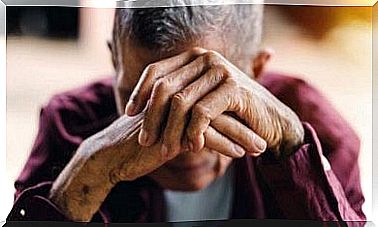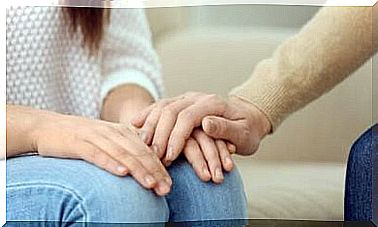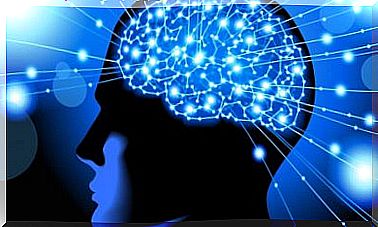We Can’t Choose Our Emotions, But We Can Decide What To Do With Them

Feeling envy, anger, sadness, or frustration is natural, just like breathing. Some emotions are intimately linked to the human condition, although we sometimes feel ashamed when we happen to feel them. Rejecting our emotions or not being able to express them, however, can dramatically increase our anxiety levels.
Wanting to control how we feel at all times is a losing battle, no matter how great our efforts are. On the other hand, however, we must be careful what we say or do when we are under the effect of one of these emotions, because we are solely responsible for that reaction.
Taking time to think about the possibility that all may not go as we hope is a great way to combat frustration and disappointment, instead of getting angry or depressed over issues beyond our control. Otherwise, we only waste time and energy. As you can see, the good news is that even though we cannot control our emotions, we are all capable of deciding what to do with them. We invite you to deepen the topic.
Emotions have an adaptive function
Emotions contain a very profound message: they serve to indicate that something is happening in our life and, in some cases, that there is a problem to be solved. For example, anxiety warns us of near danger and sadness tells us that we have suffered a loss that we need to metabolize. This is why it is important to learn to decipher them, to get to know each other and act accordingly.
All emotions are useful, so we shouldn’t struggle with them. It is important and necessary to try them, understand them and listen to them. Only in this way will we be able to choose the most appropriate strategies and to successfully face the problems and difficulties we encounter in our life.

As you can see, we must not be frightened when we experience negative emotions such as sadness, fear, envy or frustration, because by focusing them, they will help us understand how to manage that problem and, ultimately, how to improve our life. However, if the intensity of these emotions is always greater and we get to the point of not knowing how to manage them, the best solution is to contact a psychologist who can help us. In this way, we will avoid harming ourselves and the people around us.
On the other hand, we must not forget that there are also very positive emotions: one of the most powerful is happiness. They are adaptive emotions, as long as they are expressed in a balanced way. The latter also contain a message: they make us understand that we are experiencing a moment that produces well-being and makes us feel good.
How can we learn to self-regulate our emotions?
There is no magic recipe to better regulate one’s emotions and always try them in a balanced way. The clear thing, however, is that denying them or trying to control them only increases our level of alteration, which is not good for us at all. Our race towards perfection takes us away from reality and humanity. We are not robots, nor are we superheroes: we are people, and people have many different kinds of emotions.

As we have seen, when our emotions become too intense or persist over time it means that there is something wrong with our way of experiencing them. This can be caused by trying to control what cannot be controlled: we probably keep telling ourselves that things should have gone another way. But things won’t always go our way, and people won’t always behave in ways that are compatible with our principles and values. This is something we must have in mind.
The only thing we can control is how we manage what we feel and, to do so, the first step is to identify the emotion in question. Then we must reflect and ask ourselves how we can channel it in the healthiest way for our personal growth. In other words, we must practice emotional responsibility.
In this way, depending on the situation, we will experience one emotion rather than another. However, choosing what to do with it will become our responsibility, and will pave the way for emotional well-being. Because the point is not to decide what we want to feel, but how to manage what we feel.









